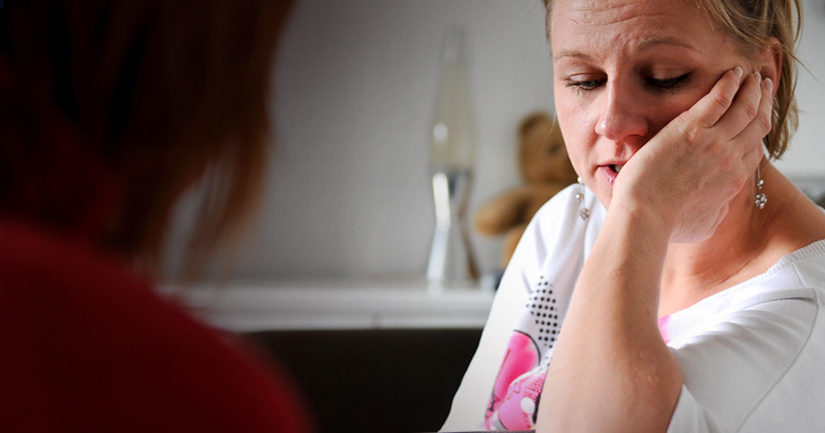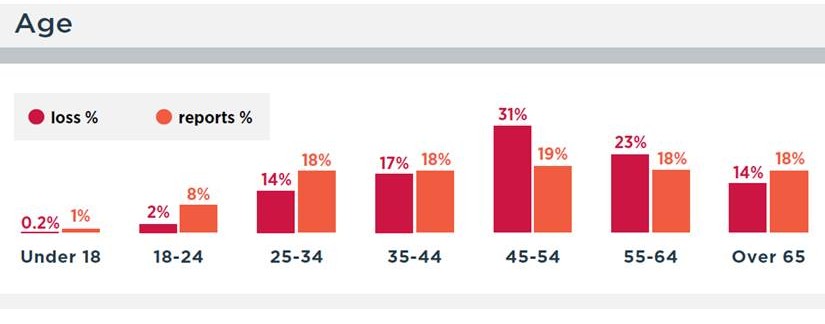[How victim blaming applies to romance scams. The latest research from Dr. Cassandra Cross explains how scam victims are blamed, how they are impacted and the influence on the reporting of scams. Who you should not tell about your scam, from Dr Brené Brown.]
The term ‘victim blaming’ has come to the fore recently in relation to photos of schoolgirls being published online, and one school’s response to this. As with rape and other sexual assaults in the past, the victim (schoolgirls) were blamed for their actions, clothing, etc inciting their abuse. The same happens with victims of romance scams.
“Victim blaming occurs when the victim of a crime or any wrongful act is held entirely or partially responsible for the harm that befell them“, according to Wikipedia. RationalWiki describes further: “Blaming the victim describes the attempt to escape responsibility by placing the blame for the crime or other abuse at the hands of the victim. Classically this is the rapist claiming his victim was “asking for it” by, for example, wearing a short skirt.”
The past years has seen an increasing understanding that rape victims are not to blame for their rape, no matter what they wear, and women walking through parks, or on their way home after a night out are not inciting their sexual assault simply by being out. The change in understand has been brought about by a concerted effort by women’s groups raising and successfully addressing the spectre of the sexual double standard involved. Continue reading Victim Blaming endemic in Romance Scams



